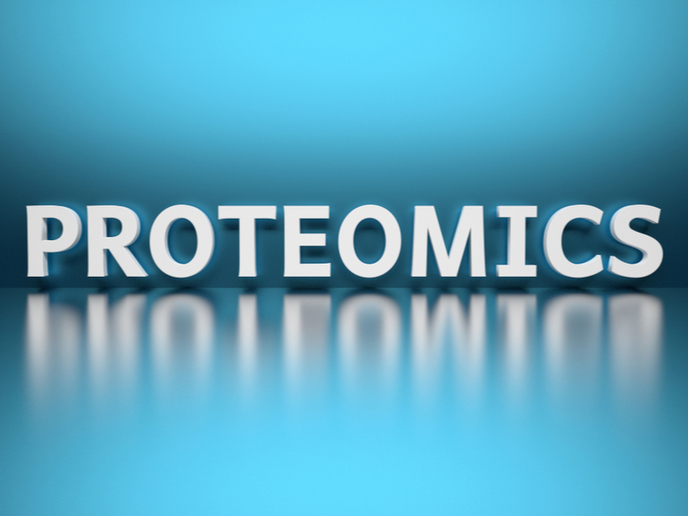A helping hand for proteomics researchers
From the discovery of new protein markers for diagnosing diseases to the study of novel molecular targets for effective drugs, proteomics – the study of the proteome – is playing a key role in medical research. Proteins do most of the work in cells and have many critical functions in the body. When mutations occur in a person’s DNA, it’s the proteins that are actually affected. Drugs administered to fight a disease do so by interacting with proteins. For new advances to be achieved, proteomics research needs to combine advanced equipment with collaborative efforts from experts in the field. However, scientists often don’t have access to such resources. The EU-funded EPIC-XS project has been giving researchers access to the latest proteomics technologies and resources that would otherwise have been unavailable to them.
Cutting-edge equipment and know-how at project access sites
A year and a half into the 4-year project, EPIC-XS has accepted over 260 applications to use its resources. One of the approved projects is being carried out by Dr Esteban Gurzov from the Université libre de Bruxelles. For their research into the role of phosphatases in metabolism and the impact of obesity-related complications such as cancer, Dr Gurzov’s group has benefited from access to EPIC-XS project coordinator Utrecht University’s Hecklab(opens in new window) in the Netherlands. “In the last months, my research has benefitted tremendously from the EPIC-XS initiative,” states Dr Gurzov in an article(opens in new window) posted on ‘TechnologyNetworks’. “It became possible to perform comprehensive screens for expressed and active protein tyrosine phosphatases (PTPs) from extremely limited human liver tissue biopsies,” he goes on to explain. The researcher is studying metabolic disorders to find novel treatment targets. Another EPIC-XS access site, located at the Bavarian Center for Biomolecular Mass Spectrometry(opens in new window) of project partner Technical University of Munich (TUM), has provided valuable assistance to researchers such as Dr Sven Van Bael from KU Leuven, Belgium. Dr Van Bael is investigating the function of neuropeptides and their corresponding behavioural effects. His peptidomics research to date was mostly based on data-dependent acquisition mass spectrometry (MS) – a technique ideal for discovery purposes but unsuited for accurate differential studies given its overall inability to yield consistent results with repeated experiments. The TUM access site opened new paths with its expertise in different targeted proteomics strategies such as parallel reaction monitoring and data-independent acquisition. “EPIC-XS has granted me the possibility to directly interact with experts in the field of targeted MS. Their experience and input were extremely helpful for my current research, and it will be something that I will take with me in my future career,” remarked Dr Van Bael. Also benefiting from the TUM access site’s technology and expertise is Dr Sylvester Holt from Côte d’Azur University, whose research focuses on the molecular effects of the perturbations derived from human cancer mutations within the yeast model system. “Without EPIC-XS this project would never have reached the current level of scientific excellence. Getting the EPIC-XS grant has been an extremely positive experience for me and the forward momentum for my scientific career,” noted Dr Holt. Requests to use EPIC-XS (European Proteomics Infrastructure Consortium providing Access) access sites have not only been received from European countries but also from Canada and the United States, indicating the project’s recognition worldwide. EPIC-XS ends in December 2022. For more information, please see: EPIC-XS project website(opens in new window)



